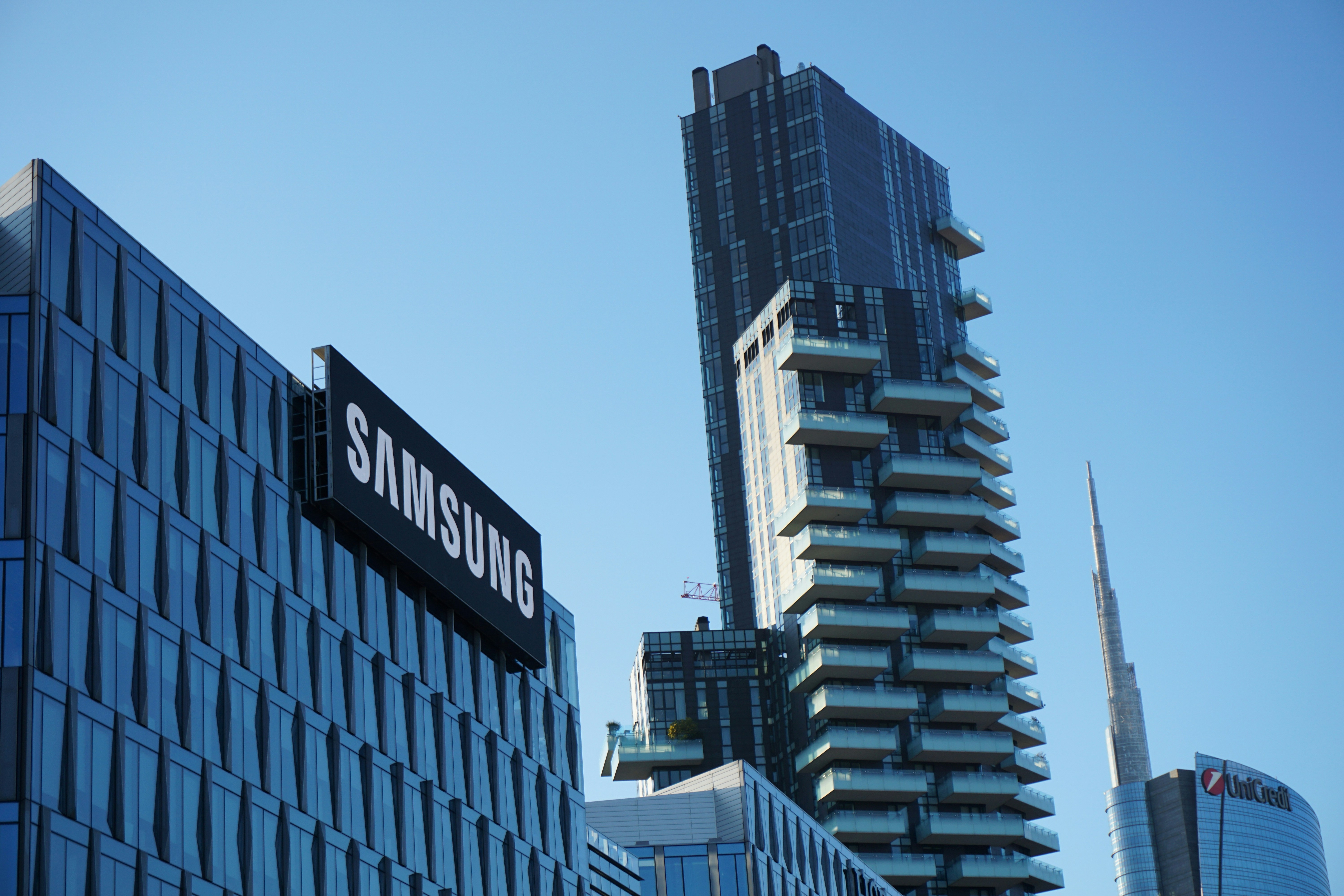Samsung Electronics Faces First Union Strike In Over 50 Years

Seoul, South Korea — In a historic move, Samsung Electronics' largest union has called its first strike since the company’s founding in 1969. Representing around 20% of the workforce, the union’s decision underscores significant labor tensions within one of the world’s leading electronics manufacturers.
Background
Samsung Electronics, a global leader in technology and innovation, has enjoyed decades of rapid growth and market dominance. Despite its success, the company has faced ongoing challenges in its labor relations. The union leading the strike, which represents a significant portion of Samsung’s employees, has historically maintained a moderate stance. However, unresolved issues have now pushed the union to take unprecedented action.
Reasons for the Strike
The strike results from prolonged negotiations over several key issues:
- Wage Disputes: Employees have raised concerns over stagnant wages that do not reflect the company's financial success.
- Job Security: There are growing fears among workers about job stability amid corporate restructuring and automation trends.
- Working Conditions: The union has cited inadequate working conditions and a lack of proper safety measures as major grievances.
Negotiations between the union and Samsung’s management have been ongoing, but both sides have failed to reach a satisfactory agreement. This deadlock has culminated in the union’s decision to initiate a strike.
Impact on Samsung Electronics
The strike is expected to have immediate effects on Samsung’s production and operations. Disruptions in the manufacturing process could delay product releases and affect the company’s supply chain. Analysts are closely monitoring the situation, noting that prolonged industrial action could have significant financial implications for Samsung.
Long-term consequences may also arise, including potential damage to Samsung's reputation as an employer. The company’s ability to attract and retain talent could be affected, particularly if labor relations continue to deteriorate.
Broader Implications
This strike holds considerable significance within South Korea’s labor landscape. It sets a precedent for labor movements in the tech industry, where unionization has traditionally been weak. The strike could inspire similar actions at other major companies, leading to broader changes in labor policies and practices across the sector.
Experts suggest that the strike may signal a shift in power dynamics between large corporations and their employees. The outcome could influence labor relations in South Korea and potentially beyond, as global companies observe the unfolding events.
Responses and Reactions
Samsung Electronics' management has expressed regret over the strike, emphasizing their commitment to finding a resolution. They have called for continued dialogue with the union to address the workers' concerns.
Union leaders, on the other hand, have reiterated their stance, stressing the necessity of the strike to achieve meaningful change. They have received significant support from union members, who have participated in various demonstrations and activities related to the strike.
Public and media response has been mixed, with some sympathizing with the workers’ plight and others expressing concern over the potential economic impact.
Future Prospects
The future of the strike remains uncertain, with several potential outcomes on the horizon. A negotiated settlement could bring the strike to a close, but it would likely require significant concessions from Samsung’s management. Alternatively, the strike could continue for an extended period, leading to further disruptions and potential escalation.
Regardless of the immediate outcome, this event is expected to have a lasting impact on labor relations at Samsung. It may prompt the company to reevaluate its policies and practices to prevent future conflicts.
Conclusion
The first union strike in over 50 years at Samsung Electronics marks a historic moment for the company and its workforce. The event underscores deep-seated issues within the organization and has the potential to reshape labor relations not only at Samsung but across the tech industry. As the situation unfolds, all eyes will be on how Samsung and its employees navigate this unprecedented challenge.
Author: Ricardo Goulart
The Self-Destructive Nature Of Anti-Tourism Protests: Balancing Resident Concerns With Tourism Benefits
In recent years, anti-tourism protests have become increasingly common across popular tourist destinations. From the Bal... Read more
Military And Strategic Implications Of The Ukrainian Drone Attack In Kursk
On a recent morning, the Kursk region in south-western Russia witnessed an unexpected and significant event: a Ukrainian... Read more
Chinese Tech Stocks Gain Ground Despite Wall Street Technology Sell-Off
Chinese tech shares in Hong Kong gained on Friday, defying a technology stock sell-off on Wall Street, driven by strong ... Read more
Defense Pact Between Britain And Germany: A Focus On Cybersecurity And Joint Operations
In a move set to redefine European defense collaboration, Britain and Germany have signed a comprehensive defense pact a... Read more
US Secret Service Director Steps Down After Trump Assassination Attempt
Security lapses admitted by Kimberly Cheatle prompt resignation.Kimberly Cheatle, the head of the US Secret Service, has... Read more
Kamala Harris Promises A Brighter Future In Official Campaign Launch
In a vibrant and impassioned campaign launch, Vice President Kamala Harris vowed to lead America toward a "brighter futu... Read more

